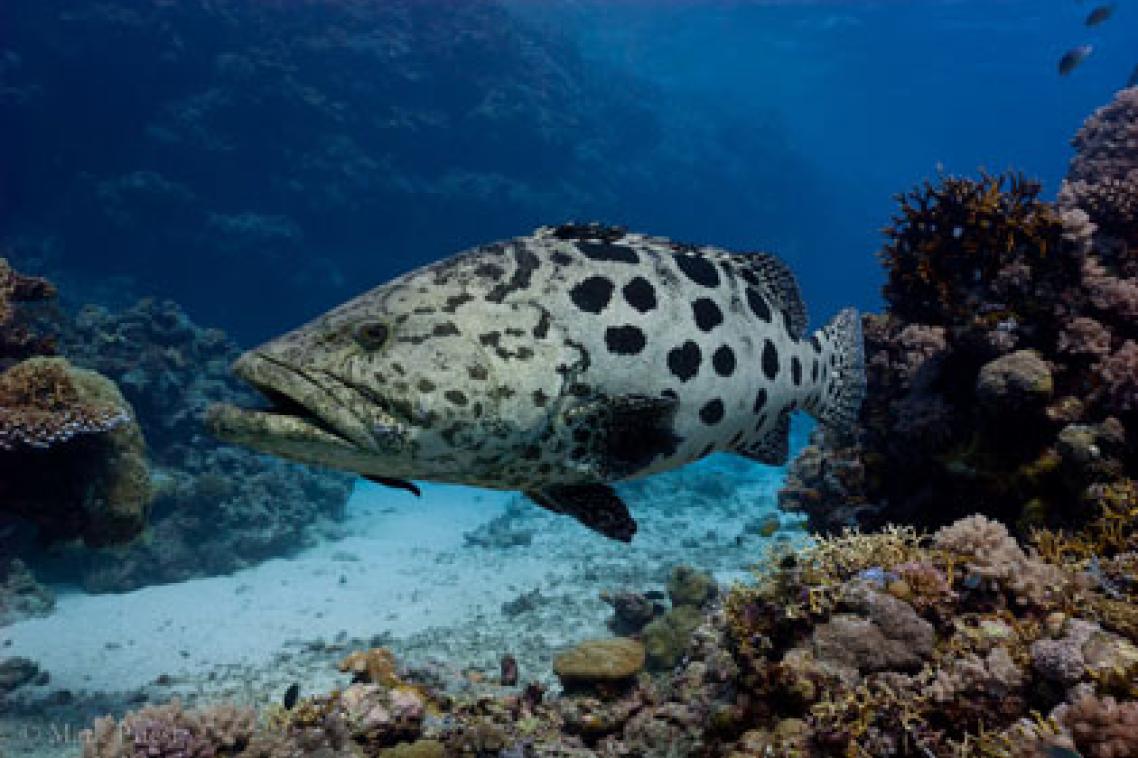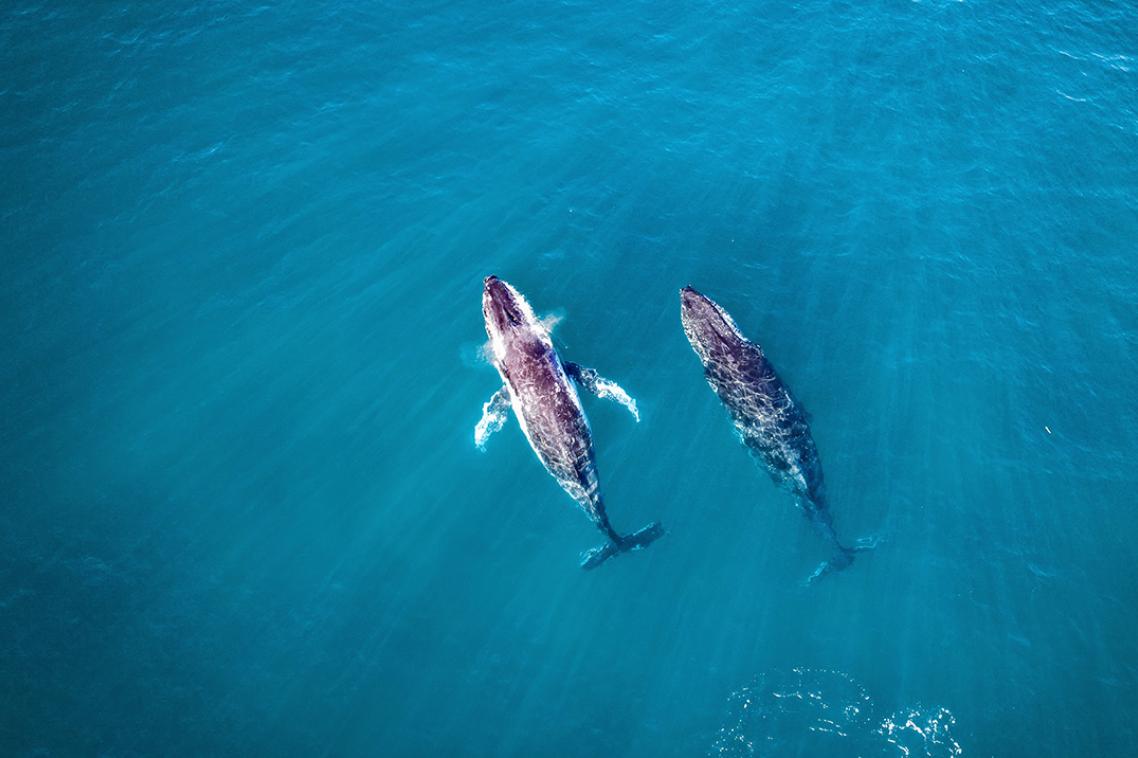Ecosystems can have their fish, and we can eat them too

Tighter bag limits for fishermen have been identified as an important key to ocean ecosystem conservation.
Researchers at The University of Queensland’s Global Change Institute have found that marine reserves can protect small areas, but it is often more effective to limit fishing across the seascape.
Dr Christopher Brown said the research, published today in Frontiers in Ecology and the Environment, found more emphasis was needed on a mixed management approach.
“Marine ecosystems are intrinsically interlinked so protecting a small area of the ocean can actually lead to over-fishing in another place,” he said.
“On coral reefs, for example, parrotfish eat algae that overgrow corals; large predators maintain fish diversity; triggerfish eat sea urchins, who can scrape away and damage the reef – they are all equally important for ocean conservation.”
The research considered management options that balance marine protection with maximising long-term profits for local fishers who rely on oceans for their livelihoods.
Co-author Professor Peter Mumby, from UQ’s School of Biological Sciences, said the most feasible management options combined bag limits and marine conservation reserves.
“Marine reserves without bag limits work well to reduce local fishing impacts, but the impact on the broader ecosystems can be detrimental,” Professor Mumby said.
“Combining marine reserves with a reduction in fishing means we can have a large area of fully functioning ocean ecosystems, without reducing profits.”
Dr Brown said the challenge for researchers was to determine the best way to implement mixed management techniques.
“There are a number of ways mixed management can be supported, including reduced bag limits, fewer fishing licences and restricted access for non-local fishers,” he said.
“The sooner we implement these management methods, the sooner we will see positive, long-term sustainable outcomes for the communities that benefit from ocean ecosystems and the marine communities themselves.”
Media: GCI Communications and Engagement Manager Anna Moloney, +61 7 3443 3148, +61 (0) 478 487 211, a.moloney@uq.edu.au.
The Global Change Institute
The Global Change Institute at The University of Queensland, Australia, is an independent source of game-changing research, ideas and advice for addressing the challenges of global change. The GCI advances discovery, creates solutions and advocates responses that meet the challenges presented by climate change, technological innovation and population change.
Related articles

Decades of surveys show whale migration shift

Should you consent to your doctor using an AI scribe? Here’s what you should know.
Media contact
UQ Communications
communications@uq.edu.au
+61 429 056 139
